10 Disgusting Pet Items You’re Not Cleaning Enough
Pets fill our lives with love and laughter, but their belongings can hide some unpleasant surprises. From grimy toys to smelly beds, the items your furry friends use every day can quickly become breeding grounds for bacteria and odors. Want a healthier, happier pet? Start by tackling these 15 items that desperately need a good cleaning!
Food and Water Bowls

Credit: Wikimedia Commons
Pet bowls can harbor bacteria like Salmonella if not cleaned frequently. Over time, slimy biofilm builds up, making them a breeding ground for germs. Wash bowls daily with hot, soapy water, or run them through the dishwasher to keep your pet’s meals sanitary and safe.
Collars and Harnesses
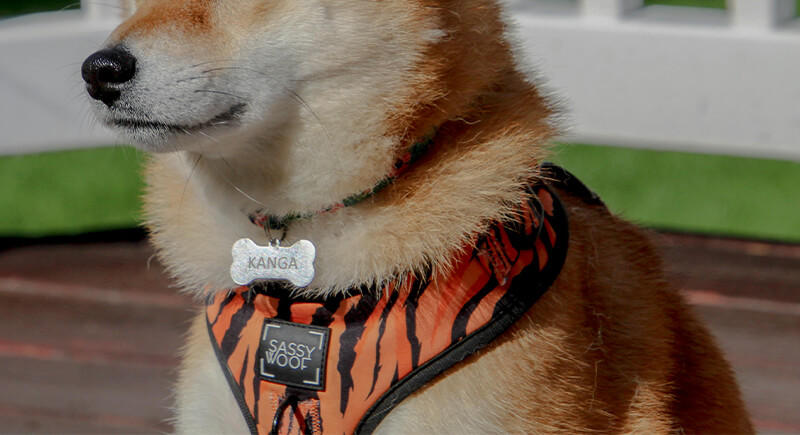
Credit: pexels
Your pet’s collar or harness collects sweat, dirt, and oils from their fur, leaving it grimy and smelly. Regular washing prevents skin irritation and keeps these items fresh. Soak them in warm, soapy water or use a gentle laundry detergent, then air-dry to maintain their durability.
Leashes
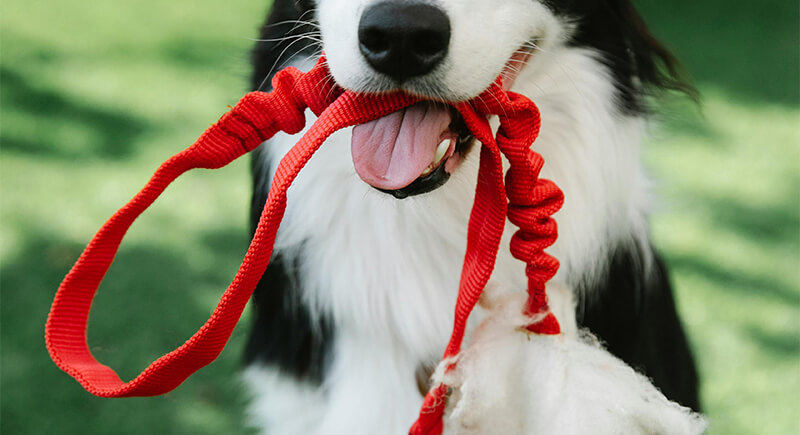
Credit: pexels
Leashes often drag across the ground, picking up mud, germs, and debris. These residues can create unpleasant odors and a less hygienic experience for you and your pet. Clean fabric leashes in the washing machine or wipe down leather ones with a damp cloth and mild soap.
Pet Beds

Credit: pexels
Pet beds trap fur, dander, and even fleas, becoming a hotspot for allergens and odors. Washing them at least once a month keeps your pet’s sleeping area hygienic. Use a pet-safe detergent and hot water to kill bacteria, and ensure the bed is thoroughly dried to prevent mold.
Plush Toys
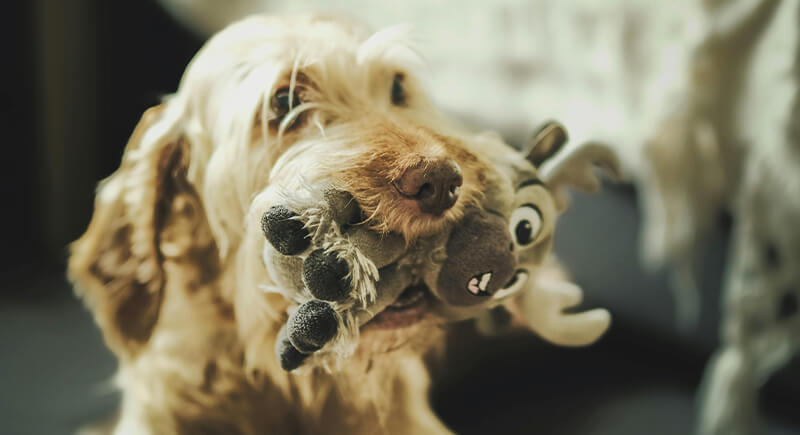
Credit: pexels
Soft toys absorb drool and dirt, making them breeding grounds for bacteria. Wash them every two weeks in the washing machine using a gentle cycle. For toys with squeakers or delicate parts, hand washing with pet-safe soap helps preserve their functionality.
Rubber and Plastic Toys
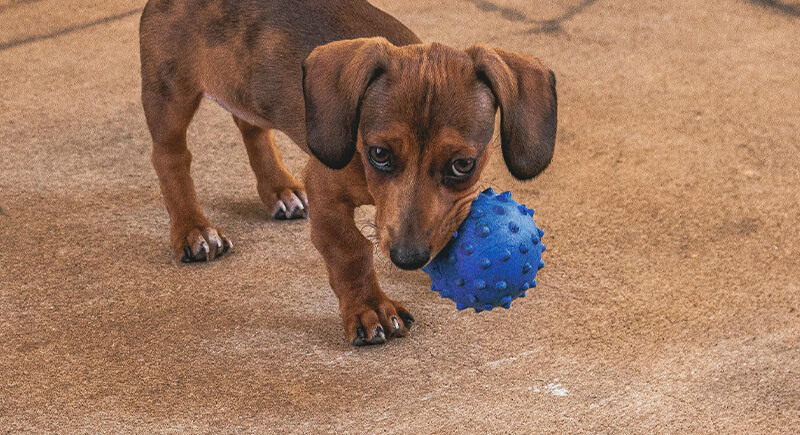
Credit: pexels
Chew toys collect saliva and bacteria with every bite. Over time, they develop a sticky residue that can harm your pet’s oral health. Soak them in a solution of warm water and vinegar, then scrub thoroughly before rinsing and air-drying to ensure they’re clean.
Litter Boxes
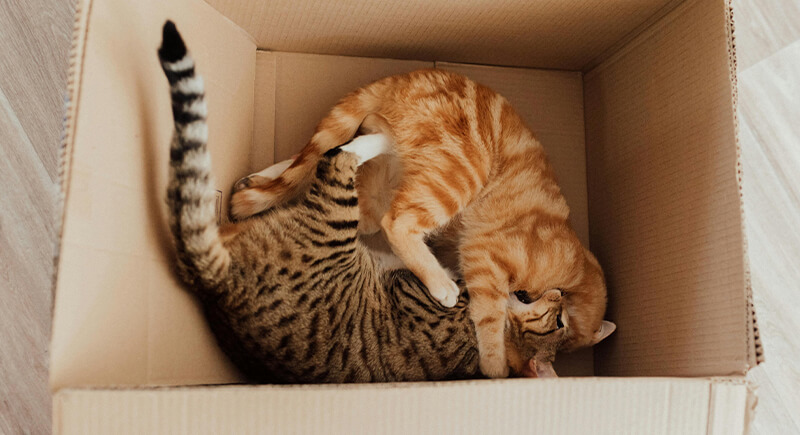
Credit: pexels
A dirty litter box not only smells bad but also poses risks for your cat’s health. Bacteria and ammonia build up quickly if not cleaned regularly. Scoop daily and wash the box with hot, soapy water weekly. Replace the litter completely during deep cleaning to keep your cat happy.
Crates and Carriers

Credit: Wikimedia Commons
Crates and carriers often collect fur, dirt, and accidents, especially after vet trips or travel. Wipe down plastic surfaces with a pet-safe cleaner and launder any removable pads or liners. Regular cleaning ensures your pet feels comfortable and hygienic in their temporary spaces.
Pet Clothing
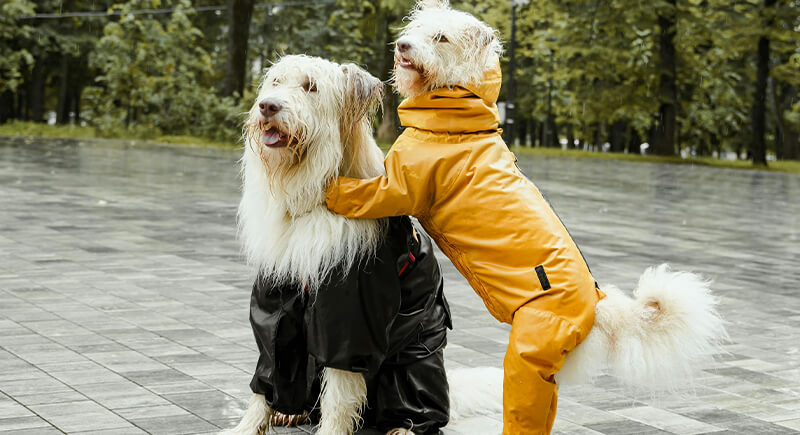
Credit: pexels
Sweaters, raincoats, and booties collect dirt, odors, and bacteria just like human clothes. Wash them regularly to prevent irritation to your pet’s skin. Check labels for cleaning instructions and use a gentle detergent. Air-drying helps maintain their shape and elasticity.
Grooming Brushes and Combs
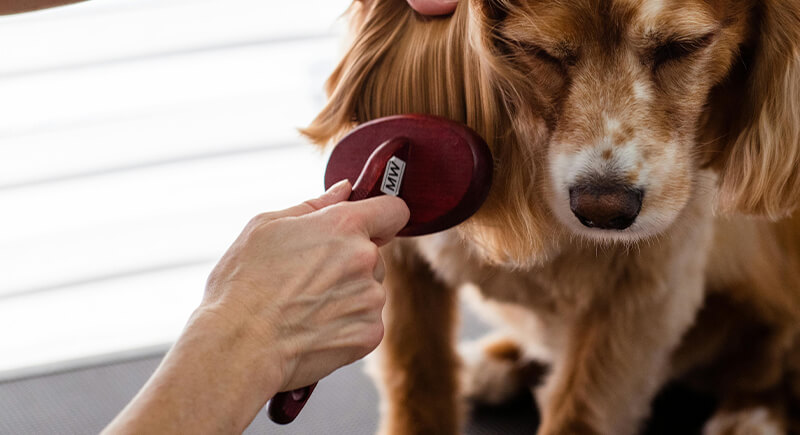
Credit: pexels
Brushes and combs accumulate fur, oils, and skin flakes with every use, turning essential grooming tools into potential sources of bacteria and allergens. Neglecting to clean them regularly can spread dirt and irritants back onto your pet’s coat, undoing the benefits of grooming.
Pet Towels
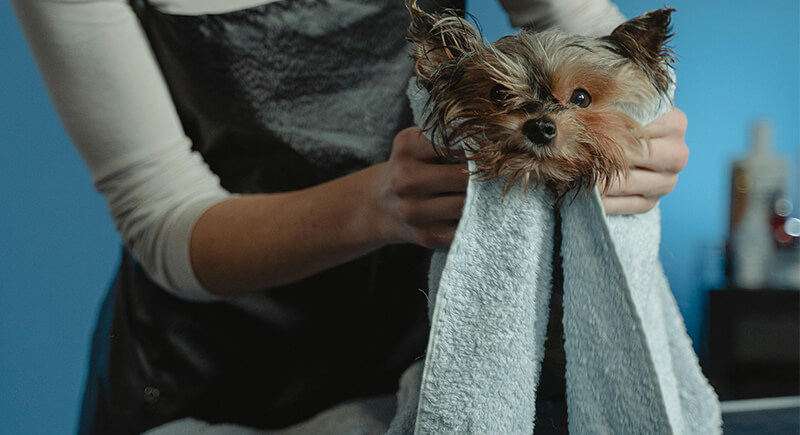
Credit: pexels
Towels used for drying your pet after baths or rainy walks can quickly become damp and smelly. Wash them after each use to avoid bacteria buildup and musty odors. Use a pet-safe detergent, and dry them thoroughly to prevent mildew growth.
Water Fountains
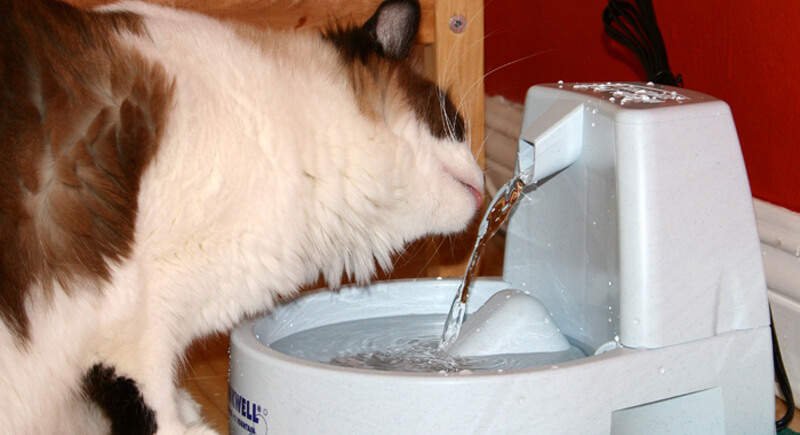
Credit: Wikimedia Commons
Pet water fountains provide hydration but can accumulate algae, bacteria, and debris if not cleaned often. Disassemble the fountain weekly and scrub all parts with hot, soapy water. Rinse thoroughly to remove soap residue and maintain a clean water source for your pet.
Kennel Flooring
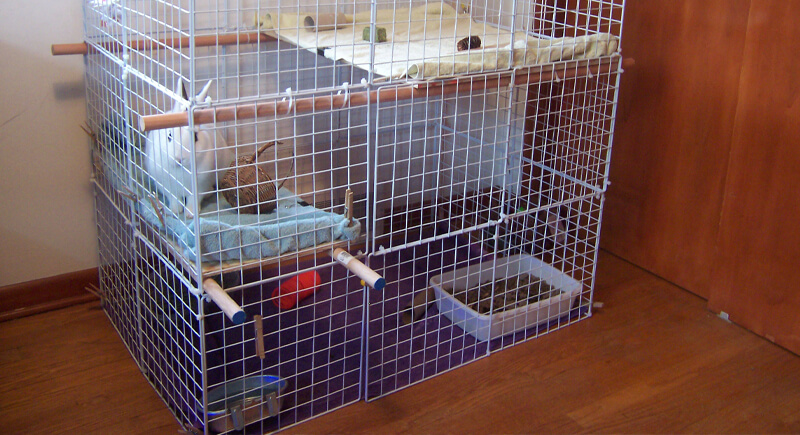
Credit: Wikimedia Commons
Kennels with built-in flooring can trap dirt, fur, and waste in their crevices. Regular cleaning with a hose and pet-safe disinfectant ensures your pet’s kennel stays sanitary. Dry the flooring completely before use to prevent bacterial growth and maintain a healthy environment.
Car Seat Covers
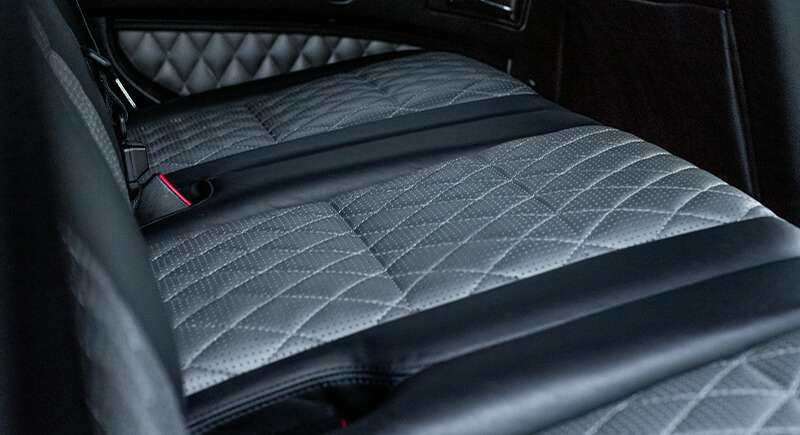
Credit: pexels
Car seat covers used during pet travel often gather fur, dirt, and paw prints. These covers can also absorb odors, making your car less pleasant. Wash removable covers in the washing machine or wipe non-removable ones with a damp cloth and mild cleaner to keep your vehicle fresh.
Food Storage Containers
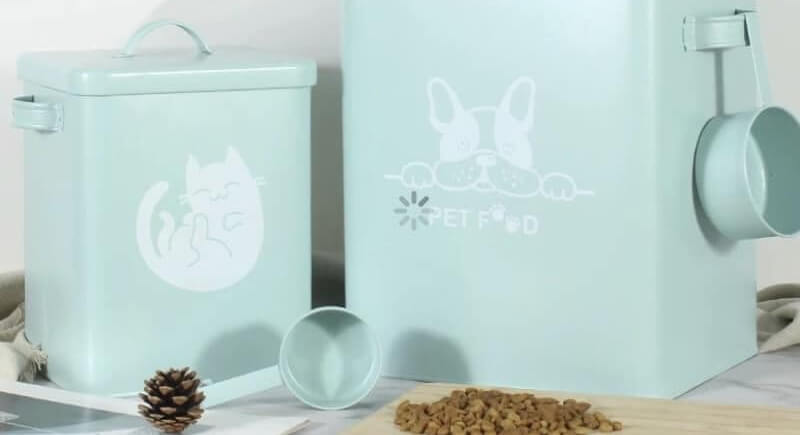
Credit: Facebook
Even airtight food containers can collect crumbs and oils, leading to rancid smells and potential contamination. Wash them monthly with warm, soapy water to prevent bacteria growth and ensure your pet’s food stays fresh and safe. Dry thoroughly before refilling to avoid moisture buildup.